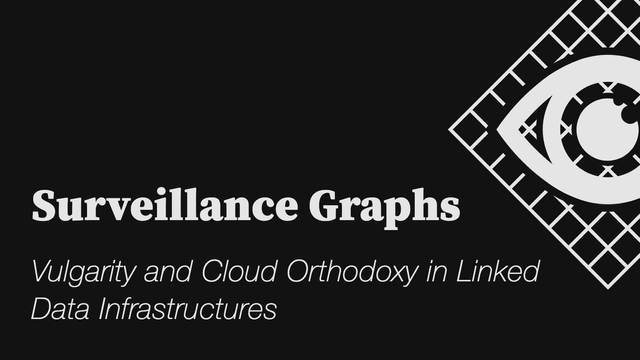@timelfen
@brembs
I dont altogether disagree with the idea that "publishing costs some nonzero amount of money that may be more than $100 per paper," but I do think that sometimes this argument can lock us into journal-like things as the agent of publishing and paper-like things as the unit of publication.
I dont think its fair to say that JOSS is somehow a special case that doesnt apply elsewhere, though of course disciplines are different. That same model not being on github but with all the same functionality would be immediately familiar to most academics - review work, comment on work, iteratively improve work through review, render final review attached to work.
what joss shows us is that we can organize many of these things ourselves, but there are plenty of places where it could go further - better integration with document tooling provided to authors early so its not a matter of "what do we do with this docx file", more explicit cooperative model where one gives reviews to receive them, etc.
so if instead of journals we thought about how we could provide those things for ourselves cooperatively, that cost is not operationalized strictly as a dollar value, but as the mutual labor we give to each other - thats already how reviews work, but why not for the maintenance of the publishing infra, for copy editing, etc. Decoupling many of these functions so we dont need a big vertically integrated publisher, where publishing is a product that we buy, but many complementary pieces that can follow a document through its life.
A big contributor to this deadlock is the view of the paper as a "one and done" atomic artifact - eg. Ive had lots of editing, even copy editing come my way merely by allowing and encouraging annotations on a public document that I am able to freely update. Id love to have a more formal system for just trading edits outside of a rarified "peer review." Why is review only real when it takes place under the supervision of a journal? This document has public review from several domain experts, and includes plenty of critical review that adds context and depth to the work in a way that would be impossible in traditional review, open up the hypothesis sidebar or click any of the highlights: https://jon-e.net/surveillance-graphs/
ELife is edging us in that direction with their review model, etc. So if instead one thought of sharing data as one act, sharing code as another, documents as a third, and they could be loosley coupled and evolving, then the cost question becomes a lot different.
My question re: where are costs borne is a combination a) what drives the costs, b) who pays it, and c) where does the money go.
For the journal + APC model, thats
a) real services + profit extraction,
b) authors
c) to publishers
And in addition to saying "costs are real" we could also imagine a different arrangement of systems that rearrange where costs are borne and by whom
Disclosure: I am a longtime lover of, and soon to be editor at joss.
